Music to poetry by Dimitris Lipertis in "Cypriot Songs" ("Tzypriotika traoudkia")
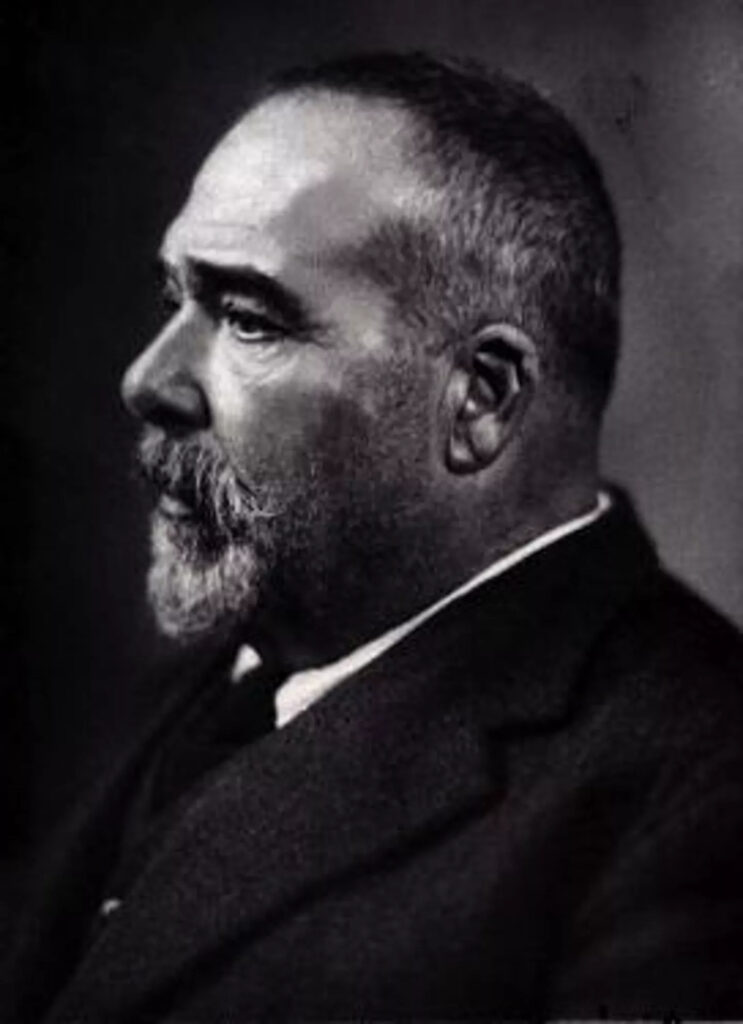
CONCERTS
2018: Traoudkia of Liperti Tour [selections from "Cypriot songs" ("Tzypriotika traoudkia")]
Larkos Larkou has set to music - from 2009 until today - almost half of the dialectal poetic work of D. Lippertis (64 poems set to music out of the 140 or so "Tzypriotika traoudkia"). These are complete (not partial) settings of poems from the four volumes of D. Lippertis's "cypriot "songs", which highlight the most important range of his idiomatic work, with an emphasis on his social, erotic and didactic poems.
The work is stylistically and instrumentally placed around 1900, a period created by D. Lipertis and the musical genres of the time such as serenade, tango, rebetiko and Smyrnaiko are reflected in the poetry and the setting, through the personal stigma of the composer. At the same time, contemporary timbres and ethnic sounds mingle, making the sound result intensely vivid, instructive and entertaining/entertaining.
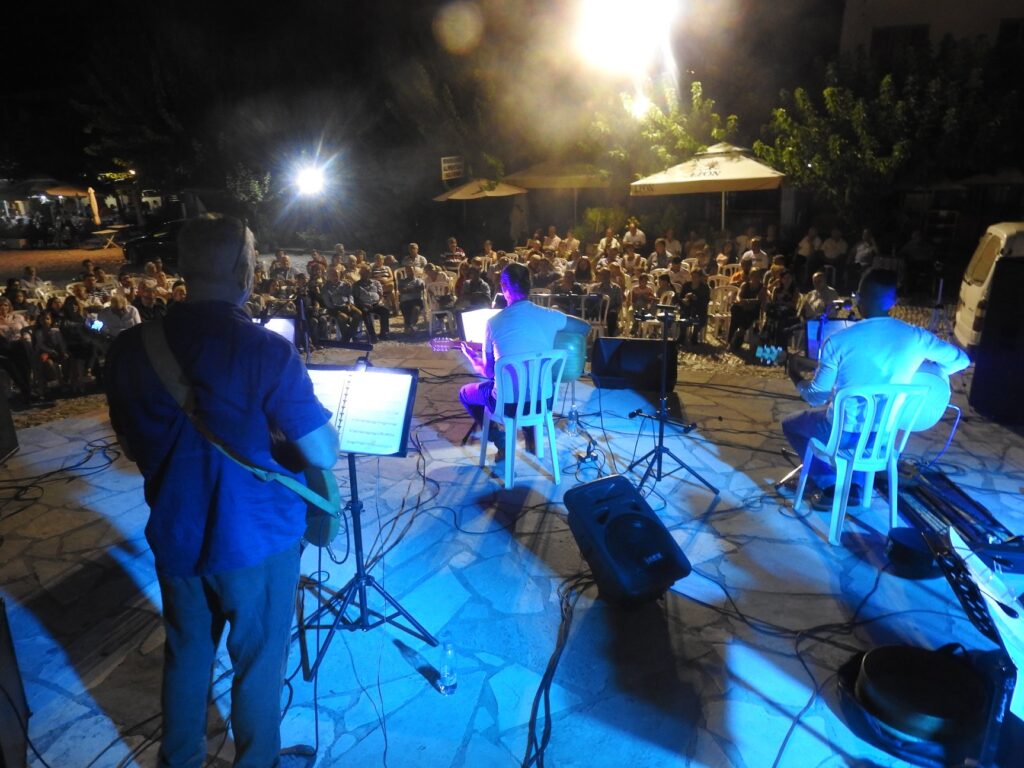
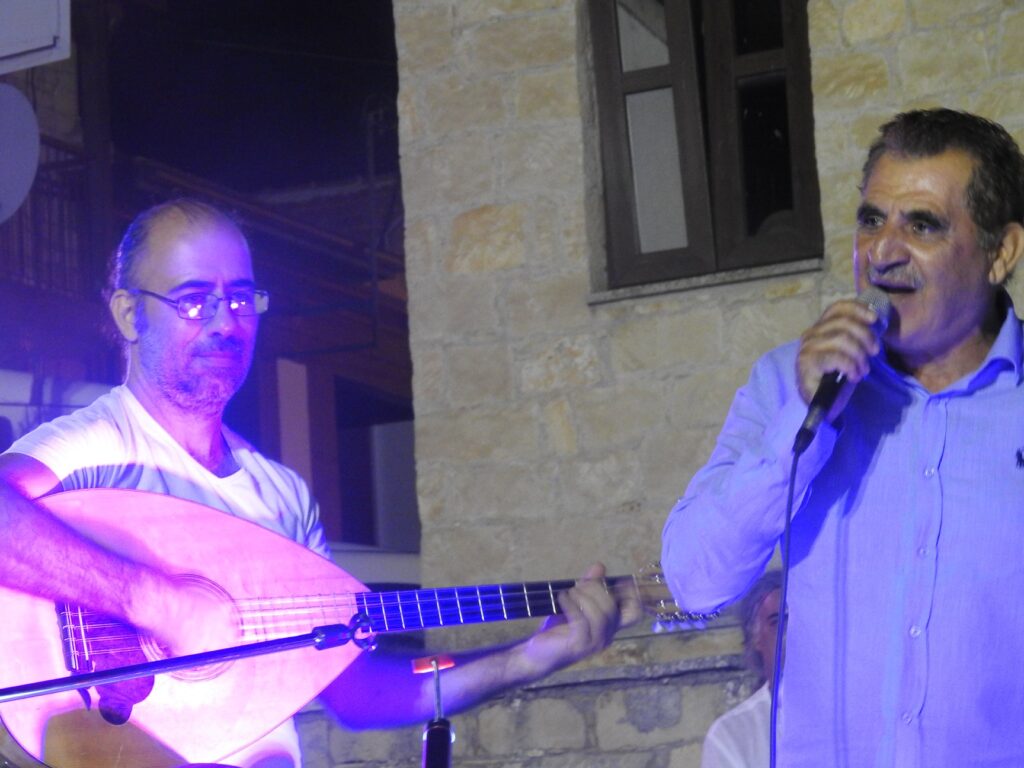
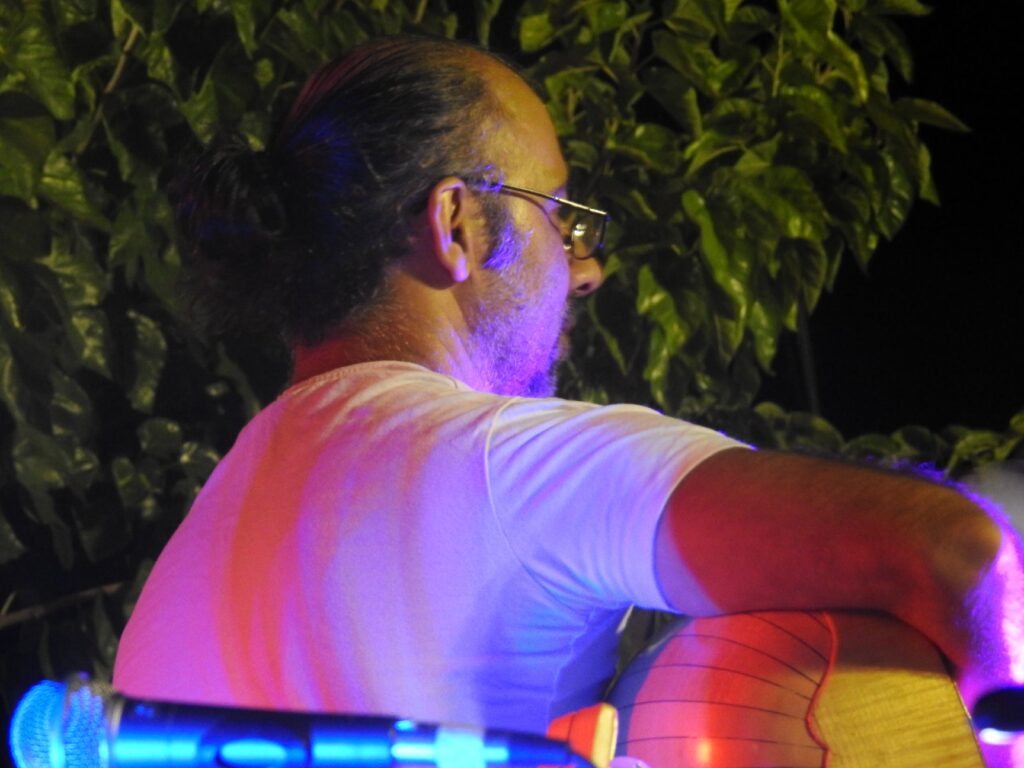
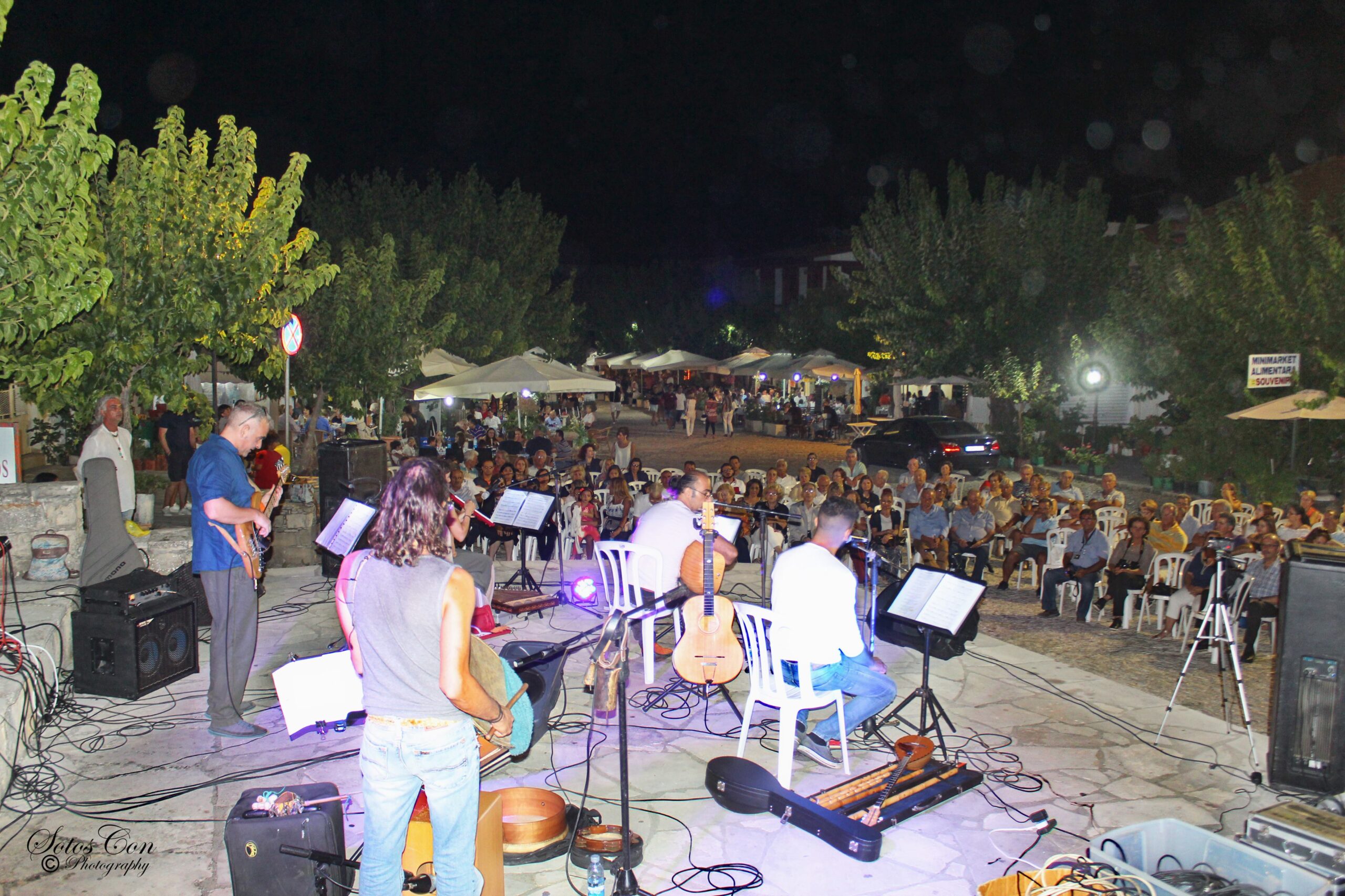
FROM THE CONCERT IN OMODOS (16.8.2018), THE PLACE OF ORIGIN OF THE POET'S MOTHER, KOKONOU MODINOU.
Reflections on the work (settings of 64 poems by D. Lippertis)
Having a dedicated 15-year career in Vassilis Michaelides (since 2003) and a multidisciplinary and scientific Cd-book publication in 2011, I am in a position to declare myself ready for the great journey in the poetry of Dimitris Lippertis, which for me began in 2009, when I set most of his poems to music. The work is being delivered to the audience for them to judge and I hope they will love it as much as I and my musical partners loved it!
Apart from the setting of the poems, the final result is certainly judged by the collective and instrumental treatment of the whole work, which in fact consists of two parts: a package with my settings from volumes A and B of the "Cypriot songs" and a package from volumes C and D. All this under a specific personal worldview of mine that is not for me to analyse at present. In these first performances of summer 2018, I presented songs from all the volumes, wanting to elicit people's reactions through this musical "negotiation"!
I would like to point out that Lippertis is a scholar of the 1900s, who uses Cypriot folklore in a completely personal way to poetically "refute" mainly love and death, elements that marked his life from a young age. Beyond that there are his, in my opinion, masterly didactic poems, which, together with the social, mocking and female mythology, combined with an unprecedented ability to use vocabulary and incorporate popular phrases, establish a strongly personal style in the poet.
